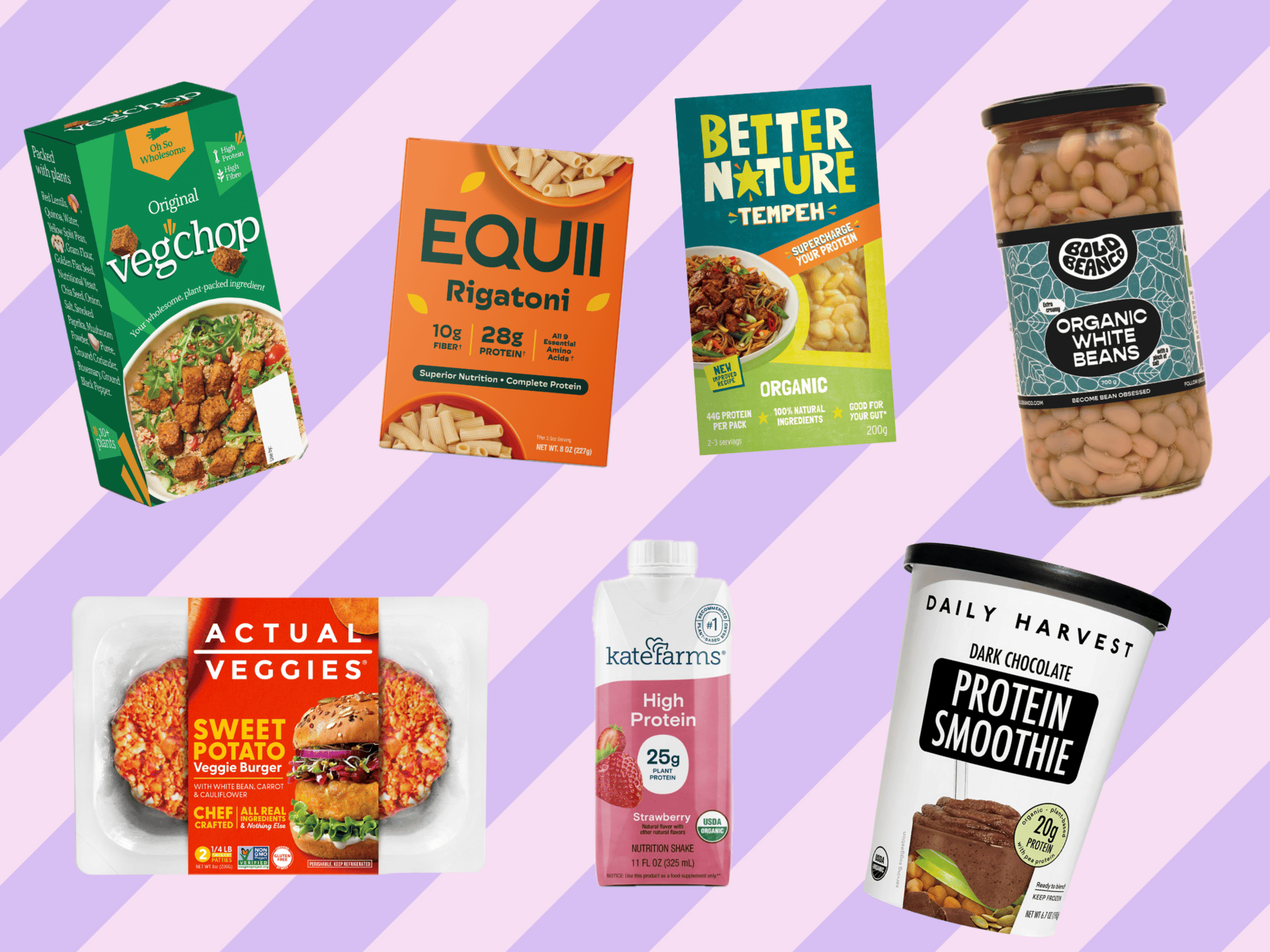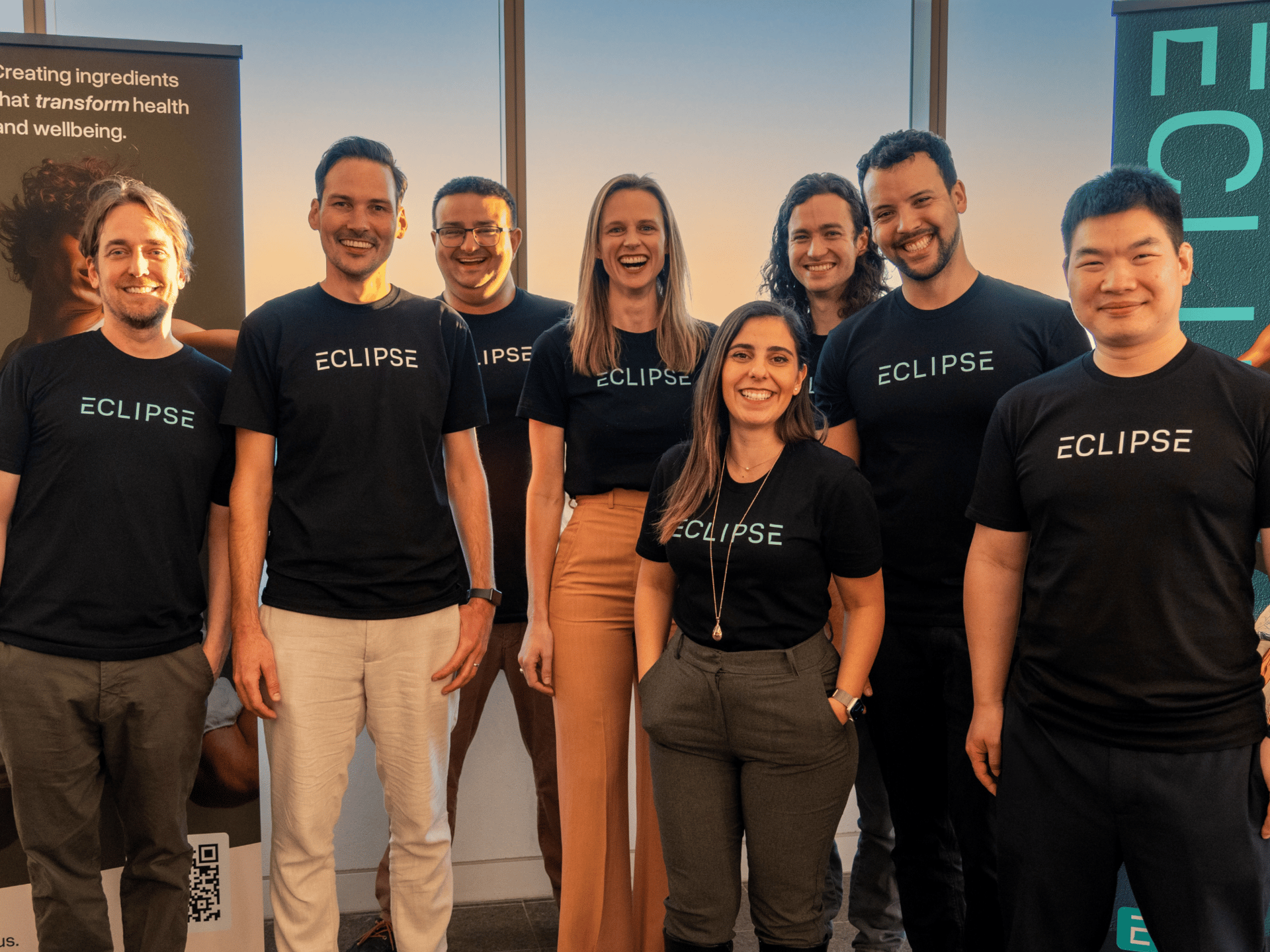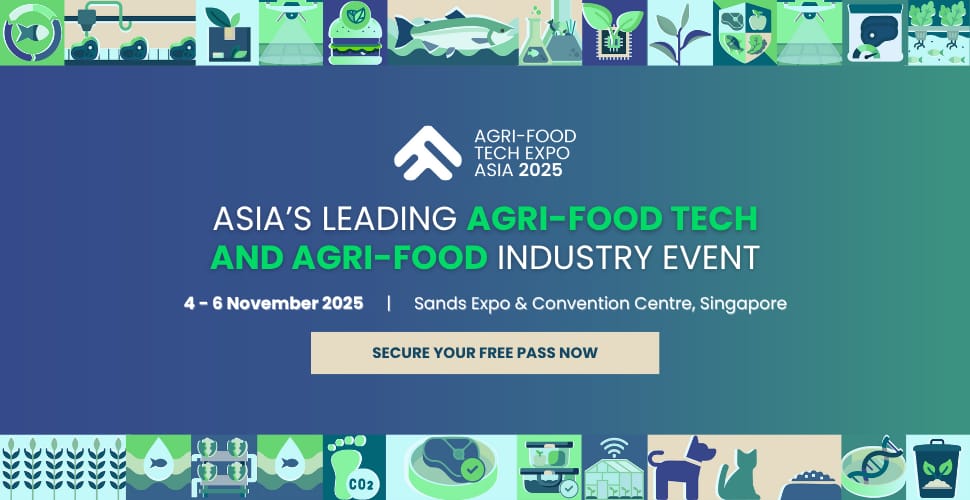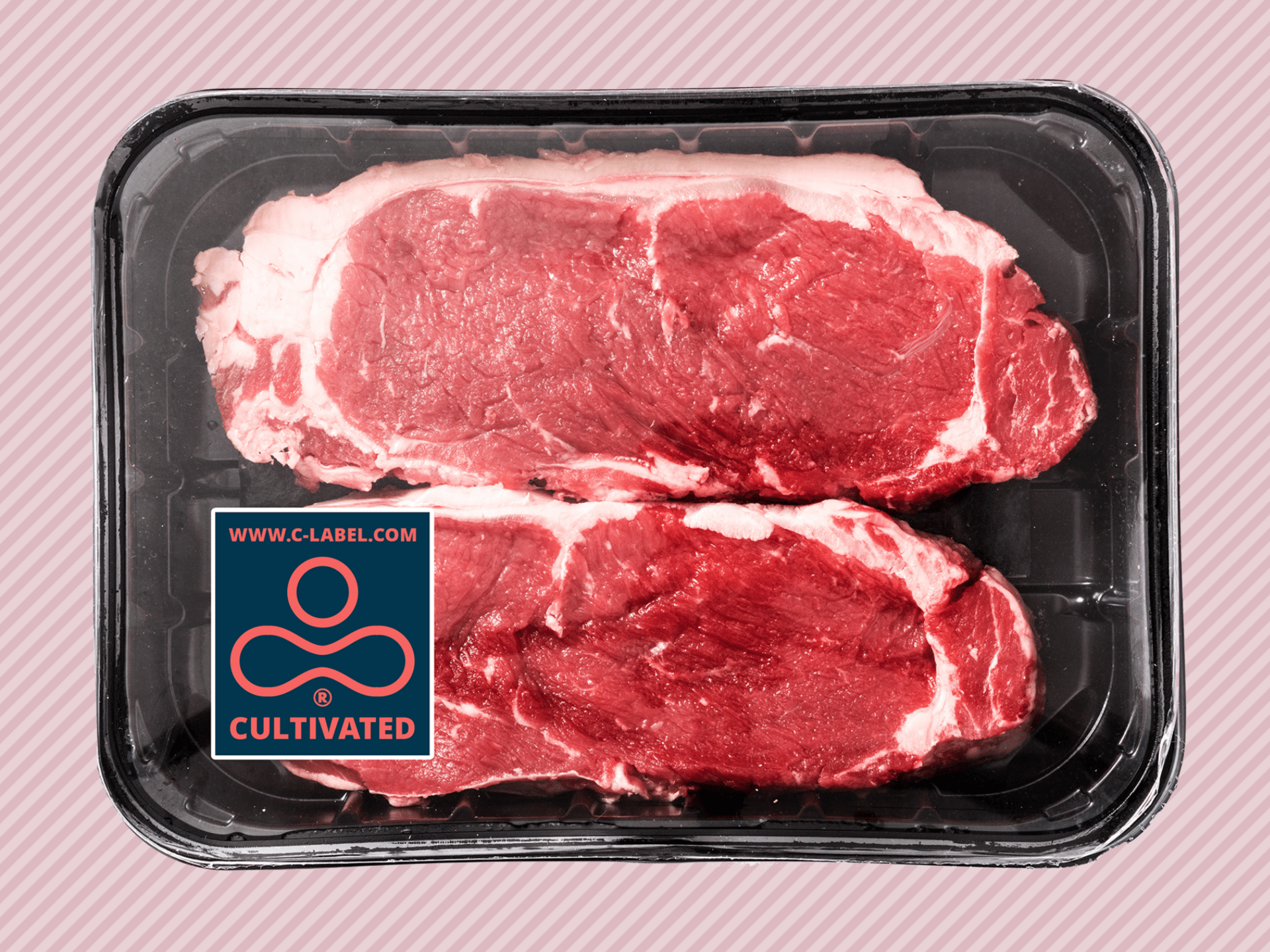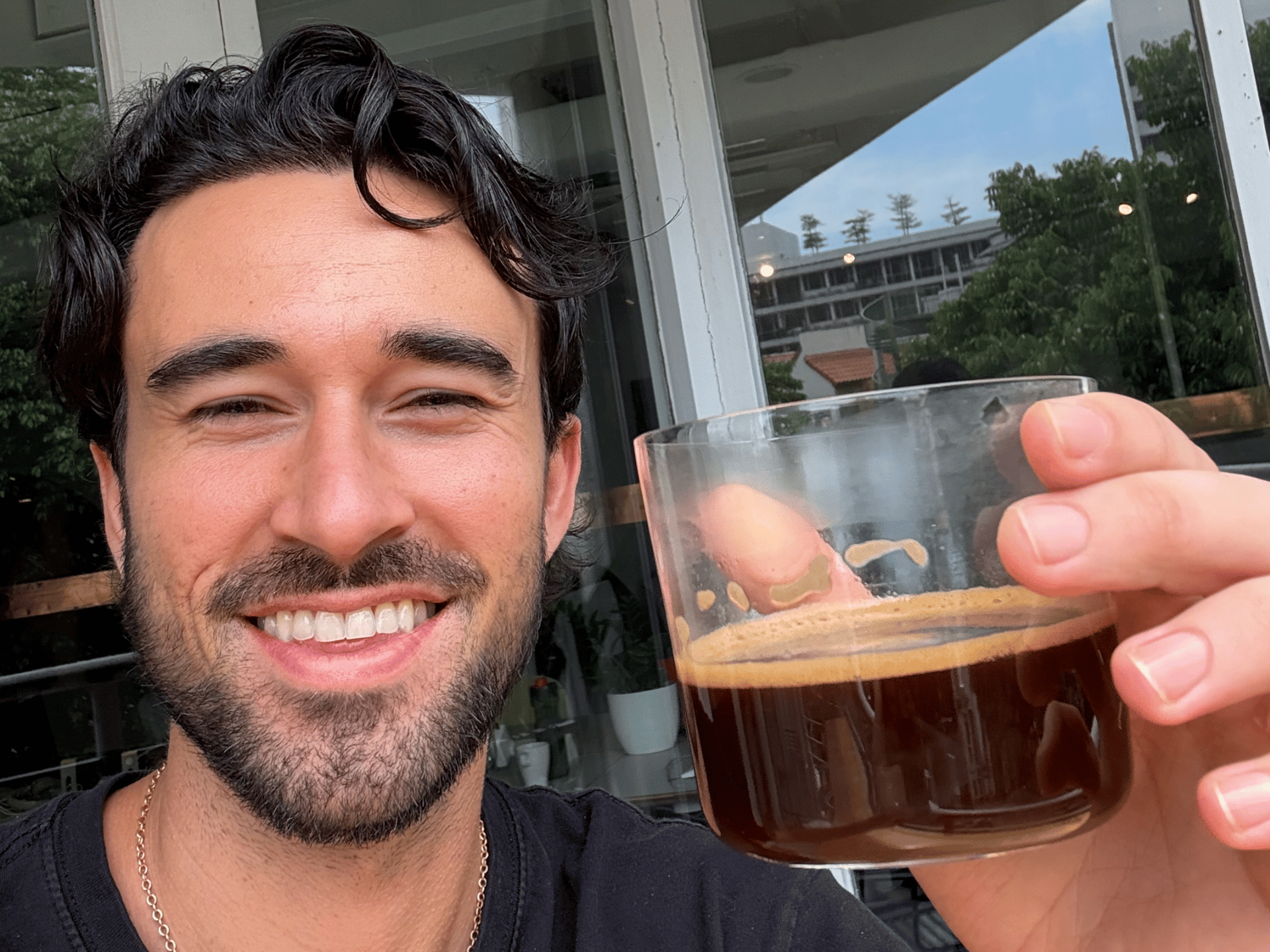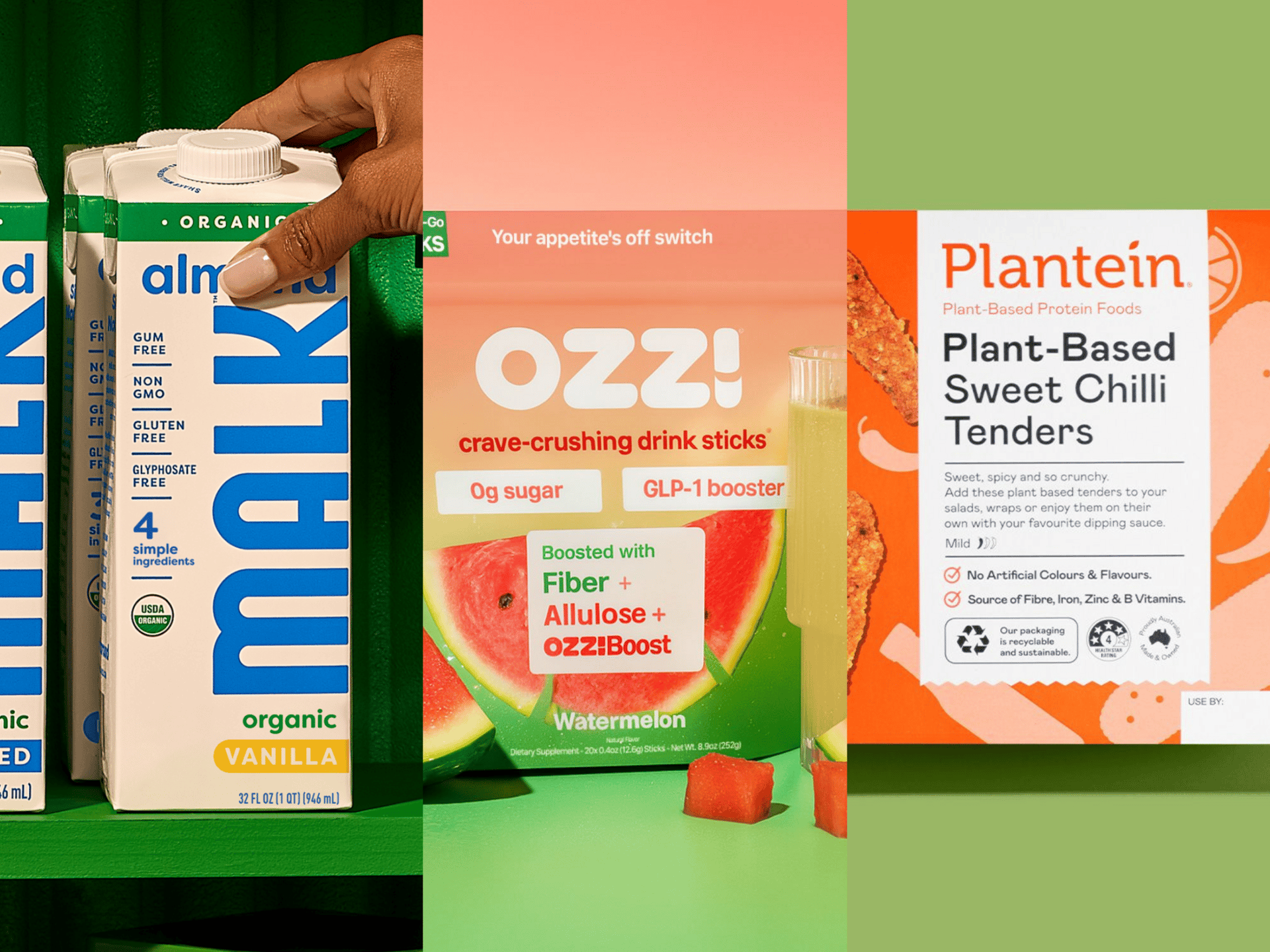- Green Queen Future Food Weekly
- Posts
- Fibermaxxing: a TikTok trend even health experts love
Fibermaxxing: a TikTok trend even health experts love
Plus: Could fibermaxxing be a boon for the plant-based sector? + Prefer's new 'coffee extender' takes a leaf out of the blended meat playbook. This and more in Green Queen Media's global roundup on future food news.
THIS EDITION IS POWERED BY

Morning folks,
As always, this issue is full to the brim with news and analysis, but these are the stories that stood out to me this week:
Blended coffee: Singaporean startup Prefer has debuted what it is calling a “coffee extender”- an alternative to soluble coffee that is designed to help manufacturers and brands maintain the coffee experience while “solving for price, sustainability, and scale.” The powder can be blended with conventional coffee in all the latter’s industrial applications. There are many reasons why I think Prefer’s move is bold and ingenious. As I don’t tire of saying, the future of food involves a great deal of product reformulation as big food companies look to decarbonize and derisk their supply chains. Coffee prices have been rising for a while now, and this week, Trump has made things worse. As we write in the story, the blended coffee is similar to blended meat and blended dairy- producers need ways to lower their costs and their emissions, and consumers don’t have to quit categories they love.
Northern European retailers understand climate risk: A couple of stories this week underline another theme I regularly bang on about: European grocery giants are far more clear-eyed about the climate risks they are facing nd will continue to face. Rewe Group (16,000 stores across Europe) is pushing the German government for lower taxes on plant-based dairy products, while Aldi Suisse debuted chicken fillets made from mycoprotein at “cost-competitive prices”. These companies understand that a shift towards a lower emissions diet benefits their bottom line. What’s less clear is why supermarkets in the rest of the world are so reluctant to see the writing on the wall.
The amount of funding governments are allocating towards synbio foods is nowhere near what the industry (or the climate) needs, and two stories we just reported on illustrate the stark delta. Last week, we covered a new report by Advanced Biotech for Sustainability (AB4S), a coalition of companies and organisations including L’Oréal, Lallemand, EIT Food, the Good Food Institute, and Arsenale Bioyards. The report suggests that up to 60% of all physical inputs globally could be produced or replaced with bio-based methods, but at least $500 billion in investments is required. This week, the EU Commission announced that it has set aside a paltry $350 million in funding for food and biotech innovation. Yes, that’s millions. A literal drop in the bucket of what’s needed.
Goodbye hot dogs and ham? This story did not get as much coverage as it should have in mainstream media. In 2015, the WHO declared processed meats (ham, sausages, bacon, hot dogs) as Group 1 carcinogenic and advised limiting consumption of these foods. New data suggests that no amount of them is good for you. Is this partly why Heinz wants to divorce hot-dog maker Kraft Foods? And what about Europe, where sausages and ham are daily meals? Excellent plant-based alternatives like Germany’s Project Eaden and France’s La Vie (by far the two best pork-free hams out there IMO) have a real opportunity to grab market share.
-Sonalie
💡 Only On Green Queen
🌱 Consumer Insights: Could Gen Z TikTok Trend Fibermaxxing Put More Plants On the Plate?
TikTokers are loading up on fibre in Gen Z’s latest health trend, fibermaxxing, which has a rare seal of approval from nutritionists. It’s also a big opportunity for plant-based food brands.
☕️ With Its Newest Product, Beanless Coffee Startup Prefer Takes A Leaf Out of the Blended Meat Playbook
Singaporean startup Prefer unveiled a bean-free soluble powder positioned as a “coffee extender”, in an approach similar to that of blended meat.
📈 Scaling & Success Stories
🇦🇺 Australian precision fermentation startup Eclipse Ingredients emerged from stealth with A$7 million in funding to scale production of its human lactoferrin.
💡Eclipse Ingredients is aiming to make “impossible-to-source” health ingredients widely accessible through sustainable production, and is now scaling up through the precision infrastructure at the Queensland University of Technology.
🇩🇰 Danish firm 21st.Bio launched a new development programme for companies to create precision-fermented alpha-lactalbumin in a cost-effective manner.
💡The programme is described as the first solution for companies to produce precision-fermented alpha-lactalbumin themselves, and 21st.Bio notes that there is “robust interest across the nutrition and food sectors.”
🇫🇮 Finland’s Solar Foods has signed a letter of intent to commercialise up to 1,650 tonnes of its Solein gas protein, with plans to have its new factory fully operational by 2030.
💡The upcoming facility, currently in its pre-engineering phase, is expected to be able to produce Solein at a cost of €4.30-5.20 per kg, and generate net sales of €80-200 million.
🇬🇧 UK tofu maker The Tofoo Co recorded an 18.5% growth in revenue in 2024, hitting nearly £24 million in the same year the company changed hands.
💡The growth subverts the decline of the UK’s meat-free market, and capitalises on consumers looking for whole foods instead of UPFs.
✅ Must-Read Headlines
🇪🇺 EU politicians have voted in favour of advancing the bloc’s biomanufacturing and biotech prowess to promote sustainability, public health, and food security.
💡The Parliament called on the EU Commission to help create world-leading R&D hubs and robust physical testing facilities, to make the region a world leader in biotechnology.
🇩🇪 Retail giant Rewe Group and plant-based dairy companies Oatly, Vly and Berief Food are calling on the German government to lower non-dairy taxes to the same level as cow’s milk.
💡They are calling for “a level playing field” that will enable companies to pass on the cuts to customers.
🧈 Milk and butter producers are calling on the US food regulator to investigate Country Crock’s use of ‘butter’ on the packaging for its dairy-free alternative.
💡Country Crock hasn’t publicly responded to the complaint, though it’s not the first time it has faced such accusations.
🍗 Discount retailer Aldi Suisse launched a cost-competitive meat-free chicken filet under its MyVay brand, made using Planetary’s Libre mycoprotein.
💡It’s the first product featuring the mycoprotein ingredient following Planetary’s acquisition of Spanish startup Libre Foods last month.
📚 Key Research & Consumer Insights
🏷️ New research from GFI Europe and Opinium reveals that the use of terms like ‘beef’ or ‘salmon’ on cultivated meat packaging labels helps, rather than hinders, consumer understanding, particularly with allergenicity.
🇺🇸 Two in five Americans believe all processed foods are unhealthy, despite evidence showing otherwise, according to a new poll by the Physicians’ Committee for Responsible Medicine.
📊 Global Survey: 75% of Consumers Still Interested in Plant-Based Meat & Dairy
A majority of consumers globally remain interested in plant-based meat and dairy alternatives, while millennials are keenest on blended proteins. Here are five other takeaways from ADM’s annual report.
🌭 Even small amounts of processed meats like hot dogs and bacon are associated with the risk of type 2 diabetes, heart disease, and cancer, finds a new study published in the Nature Medicine journal.
🇪🇸 A growing share of Spanish citizens are looking to improve their diets and eat in a healthier and more balanced manner, which has led 80% of them to lower their meat intake or be open to that change, according to a new survey covering over 2,000 consumers. Here’s what will help them shift their eating habits.
💡 As sustainable alternatives to palm oil enter the mainstream, a new survey by NoPalm Ingredients shows that consumers view them more favourably than the conventional tropical fat.
🚀 Everything Else In Future Food
☕️ Singaporean startup Prefer unveiled a bean-free soluble powder positioned as a “coffee extender”, in an approach similar to that of blended meat.
🍗 Discount retailer Aldi Suisse launched a cost-competitive meat-free chicken filet under its MyVay brand, made using Planetary’s Libre mycoprotein.
🌱🍔 Future Food Quick Bites
In our weekly column, Future Food Quick Bites, we round up the latest news and developments in the alternative protein and sustainable food industry. This week, Future Food Quick Bites covers a new GLP-1 alternative drink, Canada’s pea protein bet, and the European Space Agency’s cultivated meat project.
📆 Scene & Heard
Register for your Free Pass to Agri-Food Tech Expo Asia 2025
🇸🇬 Agri-Food Tech Expo Asia 2025 (AFTEA) is the premier sourcing and networking platform in Asia for the global agri-food tech and agri-food communities hosting 7,000 attendees and 250 exhibitors, including international and industry-led pavilions and 100 start-ups, Engage with global leaders and industry experts over three days, under one roof, to explore innovative technologies and sustainable practices designed to future-proof our food systems. Register for free.
🚀 VEGPRENEUR has teamed up with leading global e-commerce platform Shopline to help consumer brands scale smarter, faster, and more profitably with the resources, knowledge, and funding they actually need. Check out the brand new DTC Accelerator here.
🇦🇺 Cellular Agriculture Australia, in partnership with the Agrifood Innovation Institute, is bringing the future of food to Canberra on 21st August. Made & Grown: The Future of Food will place the spotlight on the biotechnologies shaping our food system. Early bird pricing ends June 30. Learn more and register now.
breaking news & analysis for food tech insiders
The world’s leading global food system founders, investors, policymakers and corporate execs read Future Food Weekly, don’t miss out → subscribe now.
